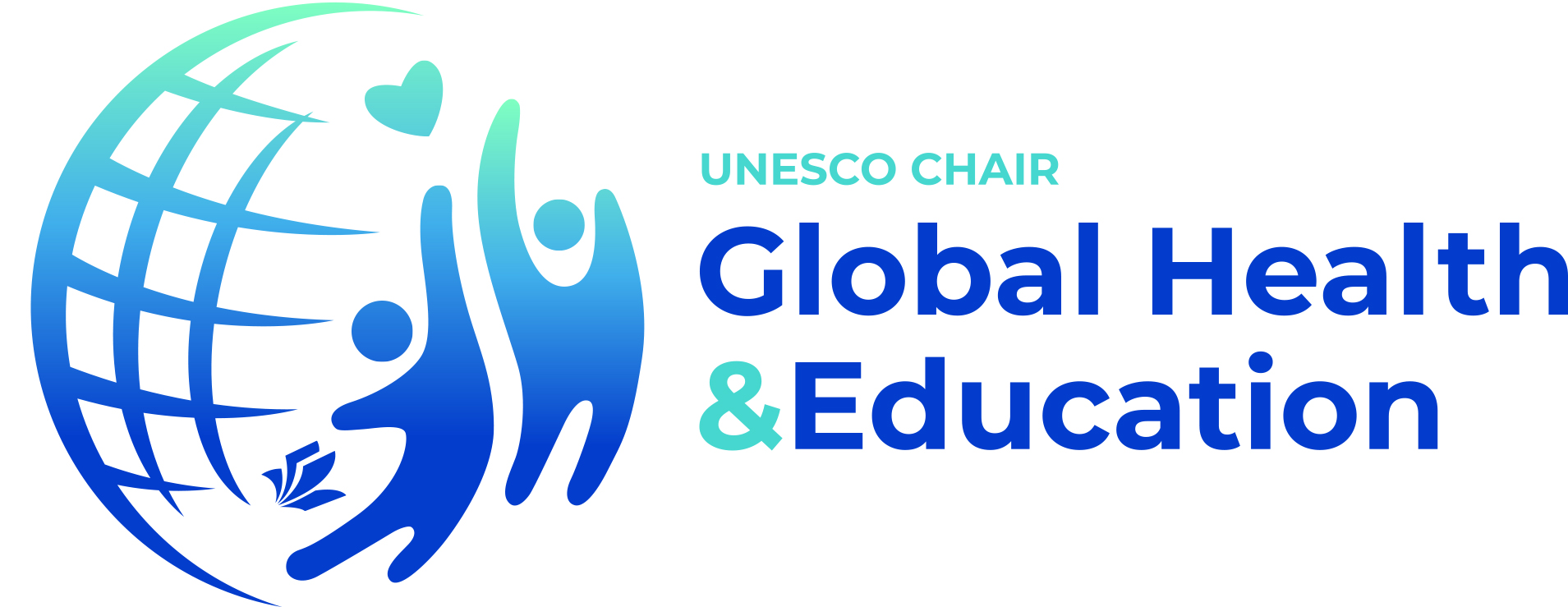The first edition of the Global Community Health Annual Workshop was held online from 6 to 8 July 2021. Each participant’s involvement in the workshop was rewarded by a certificate of attendance after submitting their assignment. Engaging in this report was a way to actively apply what they learned during the workshop and to see how this knowledge could be implemented in their daily work or in their studies.
Participants had the option to work either on a description on how community health can provide an effective response to health issues in their local or national situation or on a description of a community health initiative they are involved in. By working individually or in small groups, they could:
- Share their knowledge
- Apply the theory and models provided in the workshop
- Learn from the diversity of practices
- Improve their understanding of the multifaceted issues embedded in Community Health
- Expand their network
- Highlight the variety of Community Health’s actions

The workshop organisers witnessed the outstanding diversity and involvement of participants as they received more than 50 assignments in five different languages from 25 countries over the world. The assignments highlighted how relevant and concrete Community Health can be and why it is important to facilitate the access to knowledge to define appropriate responses to health issues in local communities. There was a range of topics from health initiatives in schools, to the creation of projects directly carried out with the community on a broad variety of themes and targeted groups. Examples of the practice of Community Health include: the creation of a health promotion campaign on tobacco in India, the development of an intervention on cardiovascular risk factors in Beijing, and the involvement of midwives in health promotion practices in Columbia.
Participants’ challenges as Community Health workers
Some of the challenges participants encountered in their work in Community Health were:
- Sharing culturally appropriate information
- Trying to get people involved in local initiatives
- Raising awareness
- Reaching the targeted audience
- Working with a lack of financial support or legitimacy
- Realising how poor health literacy can be
- Having to implement national policy inadequate to local situation
What the participants learned during the workshop
The workshop provided methods and examples to address the challenges participants encountered in their work in Community Health. Participants wrote about how their understanding of Community Health has deepened as a result of attending the workshop:
- Developing their capacities to contribute to community development;
- Designing community-based initiatives to empower and mobilize people in health promotion;
- Enhancing the recognition of traditional knowledge, contextual and cultural differences;
- Addressing the value of intersectoral partnerships is key for effective action.
Breakout group sessions allowed them in working groups to explore and discuss how they could implement these approaches in practice. Therefore, the workshop echoed many research projects, capacities’ development programs, health promotion campaigns, and personal initiatives that were about shared through the assignments.
Evaluation of the workshop
According to the evaluation questionnaire we sent out, most of the participants were very satisfied with the workshop. They thought that the main topic of the first edition ‘Diversity in Community Health Practice’ was well reflected, 72% of them agreed that the satellite sessions were a real plus and 68% felt inspired in their work or study in Community Health.

More information:
